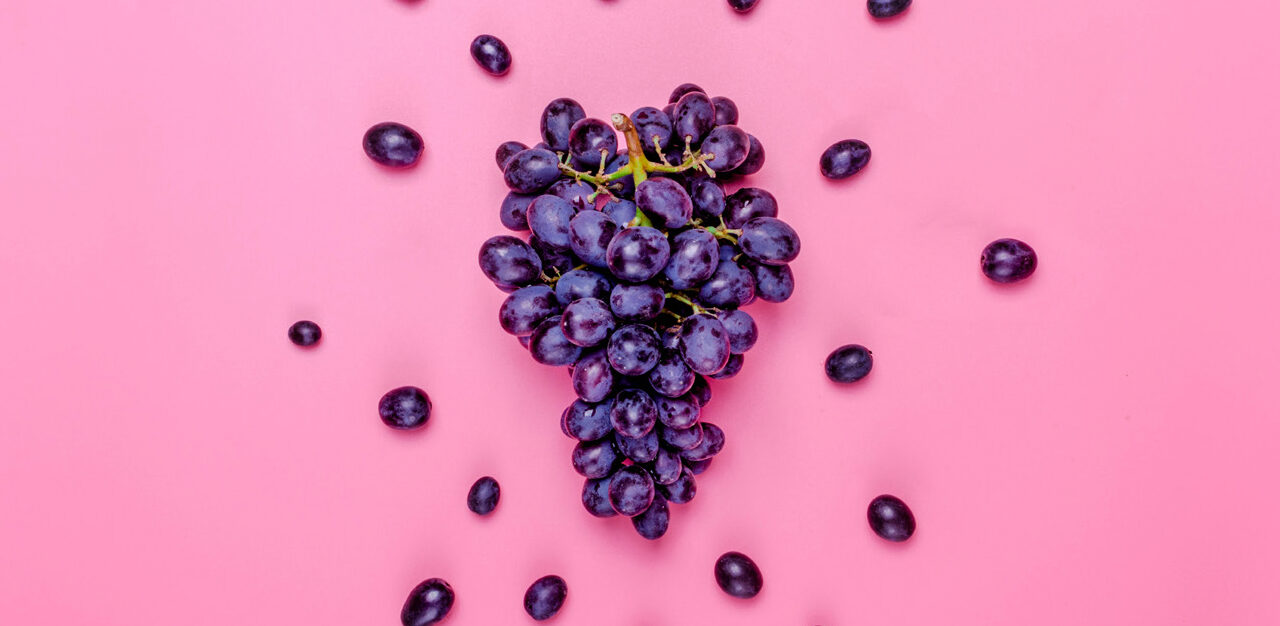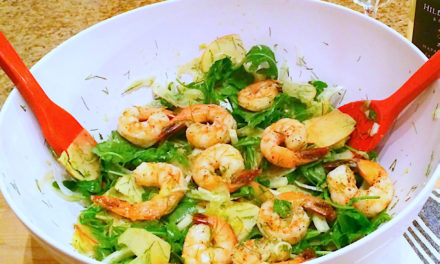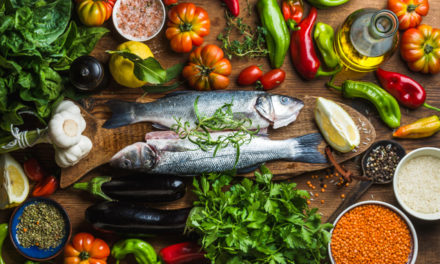One positive of COVID-19 is that it has thrust quercetin into the light as a potential treatment for patients with the virus. However, this powerful flavonoid that’s found in the pigment (or color) of fruits and vegetables is an all-around rock star for your health!
Immune support
Quercetin helps the body’s defense against viruses such as influenza, ebola, and COVID. In studies from 2015(1) and 2016(2), quercetin showed that it makes it harder for viruses to move in and get cozy in the body and prevented death in mice infected with ebola. A June 2020 study(3) of quercetin and vitamin C suggested the combination as early treatment of COVID-19.
Allergies
By stabilizing the body’s cells that store and release histamine, quercetin can help curb the body’s allergic reactions to things like dust, pollen, grass, and other irritants.
Digestive system
For bloating, gas, cramps, and other digestive aches—quercetin is your friend. It bolsters intestinal cells that play a role in permeability (think leaky gut). The semipermeable intestinal wall protects the body from absorbing pathogens, toxins, and antigens. Flavonoids like quercetin are powerful antioxidants that regulate the tight junctions to help keep you protected.
Cardiovascular system
When your body oxidizes LDL (bad) cholesterol, it can lead to heart attacks and strokes. Quercetin inhibits this process and scavenges free radicals thereby lowering your risk.
Skin and Nerves
By itself, and paired with vitamin C, quercetin can reduce oxidative damage to the skin and nerves caused by the depletion of glutathione. Benefits include clearer skin, increased skin elasticity, better nerve function, and improved brain function. The neurological benefits may also make it useful to Long Covid sufferers with brain fog or who struggle to regain taste and smell.
Natural sources of quercetin
Fruits: Red apple skin, grapes, wine, berries, cherries, tomatoes, red bell peppers.
Vegetables: Capers, red/yellow onion, shallots, scallions, kale, broccoli, okra.
Herbs: Black tea, lovage leaves
Supplementation
Unfortunately, quercetin is somewhat poorly absorbed in the body, so volume is key. Capers pack the heaviest punch of it with 131 mg per 100 g, or about 7 tablespoons. If you’re looking to boost your intake, there are a few things to keep in mind. Typical doses come in 250–500 mg twice daily. Manufacturers often create a unique formula to boost its absorption and efficiency. It’s commonly paired with bromelian and vitamin C. Keep in mind that dietary supplements are not regulated by the FDA, so choose a high-quality supplement that’s third-party tested.
*For those with hypothyroidism, supplemental quercetin can inhibit thyroid function, so consult with a healthcare professional before taking it.
*These statements have not been evaluated by the Food and Drug Administration. This post and its contents are not intended to diagnose, treat, cure, or prevent any disease.
- https://pubmed.ncbi.nlm.nih.gov/26712783/
- https://www.ncbi.nlm.nih.gov/pmc/articles/PMC4997876/
- (3)https://www.frontiersin.org/articles/10.3389/fimmu.2020.01451/full
Gary Berglund, a certified personal trainer, corrective exercise specialist, yoga teacher, and nutrition coach, is the founder of Omnifunction, an online fitness and nutrition coaching brand that embraces a non-diet mindset and the practice of exercise to enhance quality of life. Gary uses behavioral change tactics and takes a Health At Every Size (HAES) approach to coach clients toward their goals. Connect at Omnifunction.us or on instagram and Facebook at @omnifunction.







